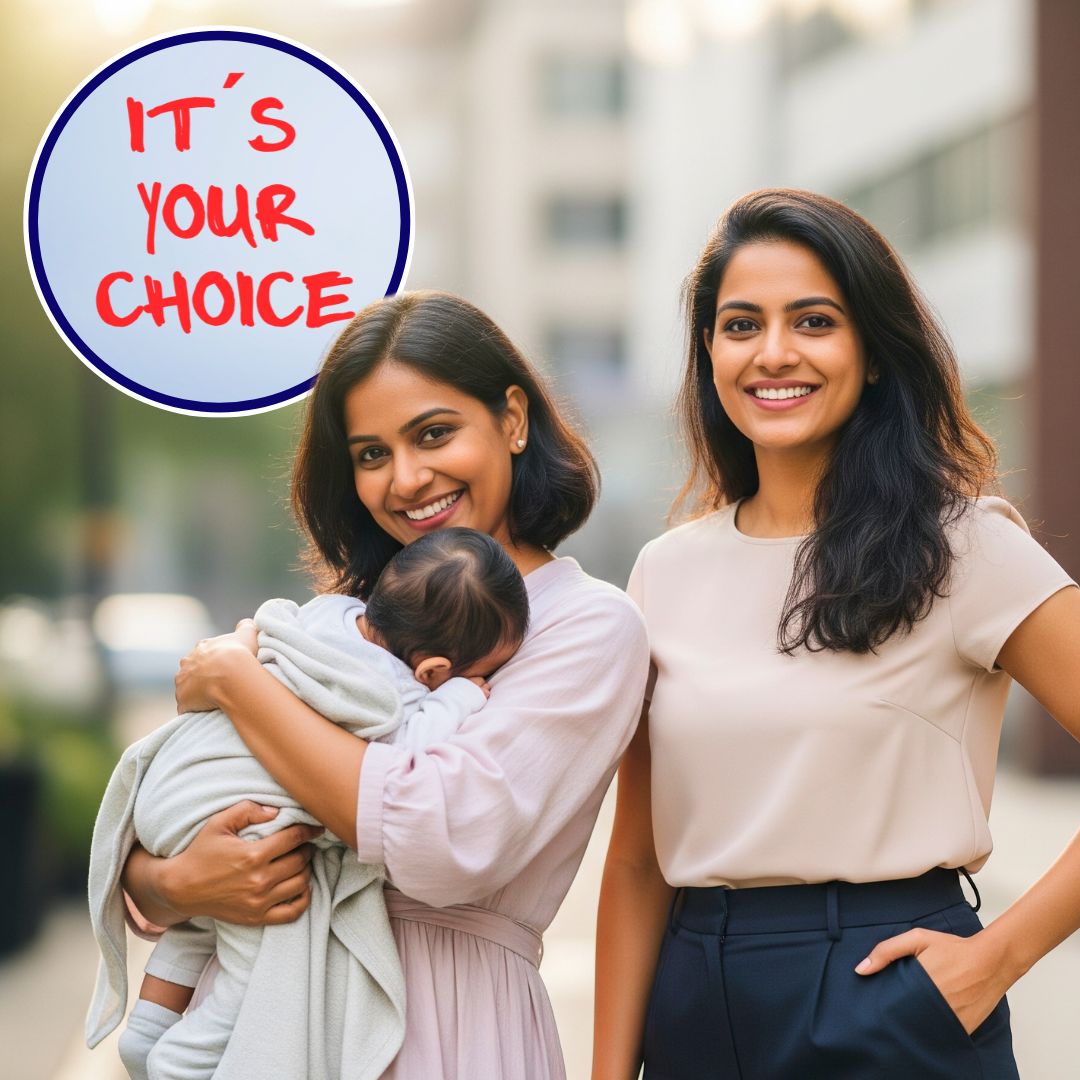A recent survey, Fertility Awareness: Gen Z Insights, conducted by Motherhood Hospitals and Nova IVF Fertility, sheds light on evolving attitudes towards fertility, reproductive health, and parenthood among young women aged 23 to 30 in metropolitan and tier-1 cities across India.
One striking revelation is that 18 per cent of Gen Z women prefer a childfree lifestyle, reflecting a significant socio-cultural shift away from traditional expectations. Alongside this, the survey shows growing awareness and proactive approaches toward fertility testing and planning pregnancy, though knowledge gaps persist around key reproductive health indicators.
Fertility Awareness: Timelines, Biological Clocks, and Hormone Testing
More than half of Gen Z women surveyed believe fertility declines sharply after 35 years, with about 40 per cent planning to start pregnancy between ages 28 and 32. Despite these planned timelines, many remain unsure about fertility basics, 15 to 20 per cent reported confusion about the “biological clock.” Fertility specialists emphasize the role of Anti-Müllerian Hormone (AMH) testing, a blood test increasingly seen as a marker for ovarian reserve and fertility potential.
However, only 35 per cent of respondents were aware of AMH, and just 10 per cent had taken the test. Specialists like Dr Sneha Sathe from Nova IVF Fertility note that ovarian aging happens earlier in Indian women than in Caucasians, making early fertility testing a vital preventive measure. Incorporating such tests in routine health check-ups could empower women to make informed reproductive choices.
Egg Freezing: Benefits and Potential Risks Explained
Egg freezing, or oocyte cryopreservation, allows women to preserve their fertility by freezing eggs at a younger age to use later when they choose to conceive. This method is increasingly popular among women balancing career goals, financial readiness, or waiting for the right partner, the survey reports 10% of Gen Z women are open to considering this option.
Advantages:
- Fertility preservation: Freezing eggs at a younger age helps bypass age-related fertility decline or certain medical conditions.
- Increased chance of pregnancy: Scientific studies show that the number of eggs frozen affects success; freezing 15 or more eggs notably improves live birth rates, with chances reaching up to 70-95% depending on age and egg number.
- Flexibility and autonomy: Women gain more control over timing of pregnancy, complementing personal and professional life choices.
Potential Risks:
- Ovarian hyperstimulation syndrome (OHSS): According to PMC study, hormonal stimulation needed to produce multiple eggs can cause symptoms like abdominal pain, nausea, and in rare cases, serious health conditions requiring hospitalisation.
- Emotional and financial costs: The process can be stressful, and multiple cycles may be needed, leading to significant financial investment.
- No guaranteed pregnancy: Egg freezing improves odds but does not ensure successful pregnancy or live birth; success rates decline with age at freezing.
Experts advise women to consider egg freezing ideally before 35 years to maximise success rates and emphasise informed decision-making with medical guidance. Integrating fertility counselling as part of routine reproductive health care supports empowerment and reduces anxiety about reproductive futures.
Changing Parenthood Choices: More Women Choosing to be Childfree
The survey revealed a marked shift in attitudes with 18 per cent of Gen Z women choosing a childfree life. This trend aligns with the rise of the DINK (Double Income, No Kids) lifestyle, reflecting changing priorities around career, financial independence, and lifestyle preferences. Additionally, many respondents cited delays in parenthood, 27 per cent are postponing having children owing to personal and professional reasons.
Egg freezing has garnered interest, with over half having heard of the option, but only around 10 per cent open to considering it, primarily for social reasons such as career focus or waiting for the right partner. Rising health issues like PCOS, obesity, and thyroid disorders, reported by 20 per cent of women, also impact fertility but often go unaddressed.
The Logical Indian’s Perspective
The Logical Indian commends this generational shift towards greater fertility awareness and diverse family planning choices. Understanding fertility as part of holistic health reflects growing empowerment among India’s young women, who are increasingly making decisions based on knowledge rather than societal pressure.
However, the data also shows critical gaps in reproductive education and access to fertility healthcare, necessitating strong efforts from policymakers, healthcare providers, and workplaces to ensure supportive environments. Fertility health should be normalised and integrated into preventive healthcare, free from stigma or judgement.












